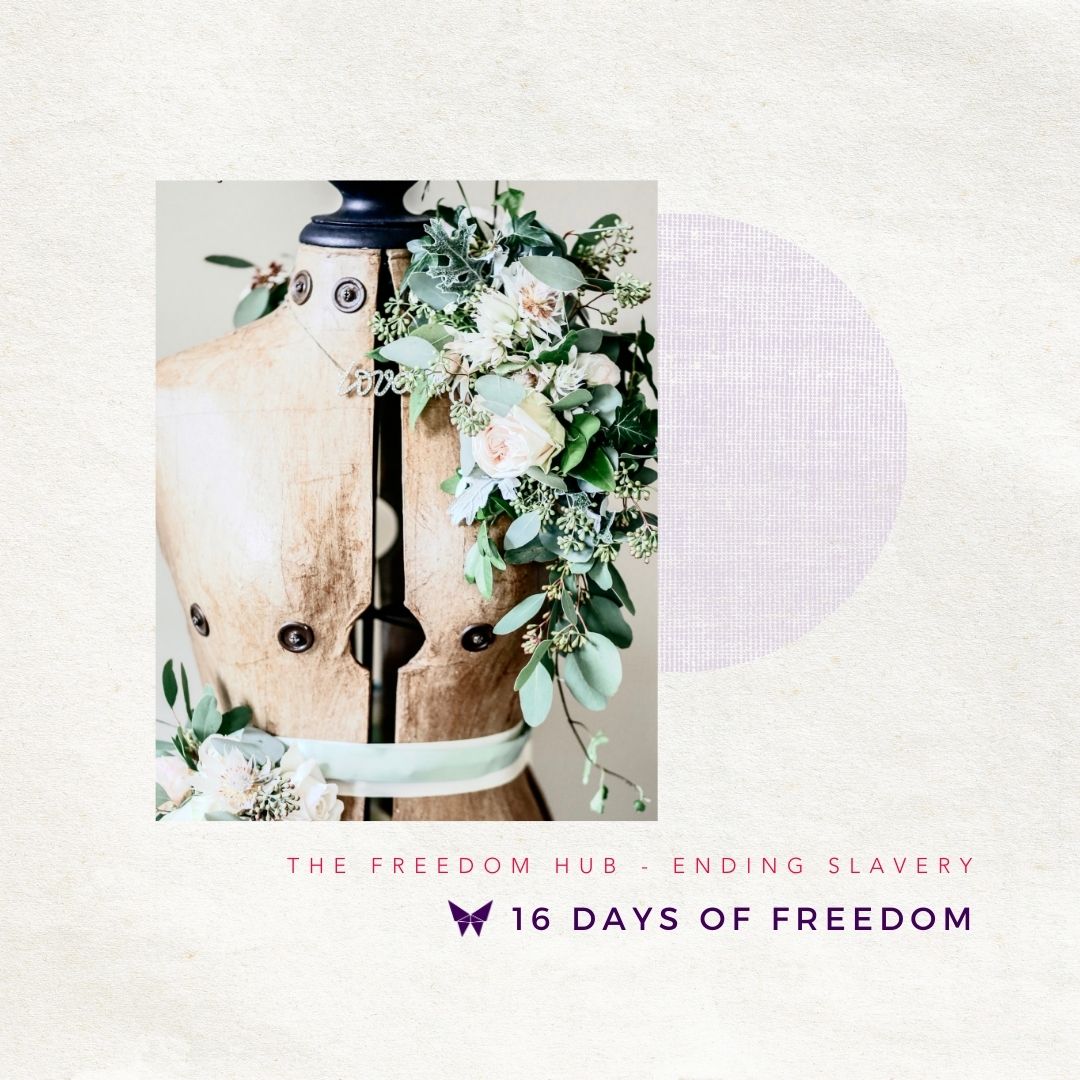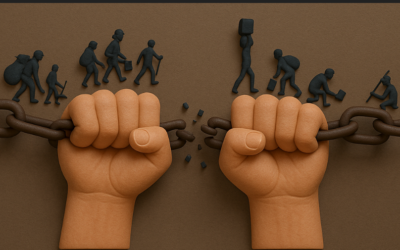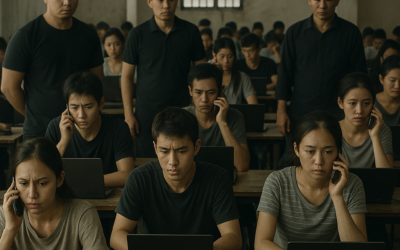Women Unpaid, exploited and dismissed:
Garment workers continue to be impacted by the COVID-19 pandemic
The immense global impacts of the COVID-19 pandemic are yet to be fully assessed. But there’s no doubt of the devastation this unprecedented event has caused. For women in the garment industry, the devastation is particularly significant. A report by the International Labour Organisation (ILO) found that changes in demand meant that the garment trade virtually collapsed in the first half of 2020. This resulted in large corporations taking measures to protect themselves. These included mass order cancellations and layoffs. These decisions have disproportionately affected those at the bottom of the supply chain, garment workers. The past year has seen the livelihoods, health and security of millions of factory workers across the globe put at risk.
Whilst workers across the whole garment industry have struggled during this time, it’s also an issue that has disproportionately affected women. According to Labour Behind the Label, Women make up over 80% of the workforce in the garment sector. And their treatment during the pandemic has only served to exacerbate the already present gender inequalities. The ILO recently published research about the ways that the pandemic has affected garment workers in Asia and the Pacific. They found that women were disproportionately affected. This is due to the nature of their workforce participation. As well as social and familial expectations regarding women’s obligations in the home. These gender inequalities cause women to experience crises differently. And disproportionately adverse impacts on women can also be seen when we look as other crises such as the 2008 global recession.
Women Unpaid and Exploited
The Clean Clothes Campaign recently revealed that factory workers in countries including Bangladesh, Indonesia and Pakistan are owed between £2.4 billion and £4.4 billion in unpaid wages. This from just the first three months of the pandemic alone. The lives of these factory workers have not just been impacted due to the loss of their income. But many have also been forced to work in unsafe conditions during the ongoing pandemic.
These revelations may seem shocking to some. But the pandemic has only highlighted issues within the fashion industry that have been present for decades. The term fast-fashion was first coined by the New York Times in the 1990s. It was a way to describe the now major retail brand, Zara, and their way of producing clothing at an unprecedented speed. But it wasn’t until several years later did people really begin to realise the implications this had. In 2013 the world saw the reality of these dangerous practices when Rana Plaza, which housed five clothing factories in Bangladesh, collapsed. The accident killed over 1000 garment workers. Therefore it became the catalyst for the movement against fast-fashion. Since then the movement has grown, with individuals and organisations all over the world demanding that the fashion industry introduce morse sustainable practices that benefit both the environment and workers rights.
Three Big Brands don’t Pay their Workers?
It seemed as if the industry was progressing in a positive direction. Large corporations such as Nike, H&M, and Primark all claimed to have introduced more sustainable and ethical practices. Which by the way, they each actively promote on their websites. But despite these claims, all three of these brands have been called out for their failure to pay factory workers during the pandemic. COVID-19 has exposed the baselessness of these claims. Therefore highlighting the issue of greenwashing when it comes to the fight against fast-fashion.
Following the revelation regarding the treatment of garment workers during the pandemic, Remake launched the #PayUp campaign. This campaign demands that these corporations pay their workers the wages they are owed. To date, the #PayUp campaign has helped to recoup $22 billion owed to garment factories worldwide. This has come from over a dozen major fashion companies including Zara, Gap and Next. Without the campaign, millions more workers would have lost their jobs without pay or any social safety net.
But despite the achievement that the #PayUp campaign has made, there is still a long way to go for the fashion industry, with many brands continuing to ignore the issue or failing to be transparent about payment and treatment of their overseas workers.
So, where do we go from here?
Post pandemic, the fashion industry cannot operate business as usual. There must be real change. The fast-fashion business model is increasingly damaging the planet . It is also costing the livelihoods of garment workers all over the globe. Remake have set out their vision for the future of the industry, they say that proper safety nets must be established for workers. These include access to healthcare and educational services. As well as this, they call for legal policy to hold brands accountable for their actions. Summing up the future for the industry, they say:
“The only future for the fashion industry is a sustainable, inclusive, and economically empowered one. These are not new or disputed goals. But they can no longer wait.”
Guest Blogger: Reanna Smith is a content write for the Immigration Advice Service, a legal team offering advice and assistance to those facing immigration issues.
Tomorrows Article: Day 13 – Women fighting for Human Rights
ABOUT 16 DAYS OF FREEDOM
Thank you for your part in this 16 Days of Freedom. We cannot change culture without awareness, so please share this post with your friends to help raise awareness. Here are the hashtags for your share: #16daysoffreedom #freedomhuborg #womensrights #orangetheworld
16 Days of Freedom is a campaign we are running to align with the UN awareness campaign United Nations’ UNiTE campaign on gender violence against women and girls. As a result we are focussing on abuse of women and girls through the lens of modern slavery.
So for 16 days we will post a story to highlight the issue. To end the 16days we invite you to come to or host a Festive High Tea for Human Rights. These will be held on or near the UN Human Rights Day on the 10th December.
You can join our High Tea in Waterloo, Sydney, by clicking HERE.
Or you can Host your own High Tea by registering HERE and we will send you an information and fact sheet to read or distribute to your guests.
THANK YOU FOR TAKING THE TIME TO READ OUR BLOG (Please review it or share it with others).
Join our Community
If you would like to support a survivor or our work, donate here. (tax deductible)
Would you like to volunteer? contact us here.
Or if you would like to get our monthly up date, opt in here.
If you need help reporting slavery call us: 1800FREEHUB
–
Other blogs you might enjoy:




